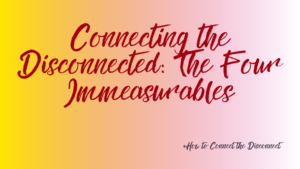Every Tibetan Buddhist knows the life story and the songs of realization of the great Tibetan yogī Milarepa. The many songs of awakening by his Indian predecessors, the most famous among them the eighty-four mahāsiddhas, are much less known but equally profound, beautiful, and inspiring.
Even less known are the songs and life-stories of their numerous female counterparts. Most of these songs were uttered spontaneously on the spot, and many betray quite unconventional if not outrageous thinking and conduct. They often use a rich symbolism with profound metaphors, and their style sometimes sounds more like modern poetry or song lyrics than traditional Buddhist texts, creating a certain atmosphere or being evocative rather than systematically didactic. Many of them use a rhetoric of paradox, attempting to beat the dualistic mind with its own weapons and point to something beyond our usual black-and-white thinking. It is a scent of boundless freedom, openness, and bliss, paired with a deep caring for suffering beings, that wafts through these songs as expressions of supreme awakening.
During this series of talks, we will explore the life stories of a number of female mahāsiddhas and yoginīs (such as Niguma, Sukhasiddhi, the crazy princess Lakṣmī, and Ḍombiyoginī), and sing a selection of their songs.
Schedule, recordings and translations
This weekly series of talks is on Wednesdays 7 pm CEST on the following dates: November 1, 8, 15, 22, 29.
Recordings will be made available some time after each talk. Please allow for some editing time.
The talks are in English with simultaneous translation into German.
Registration and donations
Please register here to receive the zoom-link and join the talks. Although this series is free for everyone to attend, donations to our local sangha and the teacher are welcome. Links on how you can donate will be shared during the talks.






